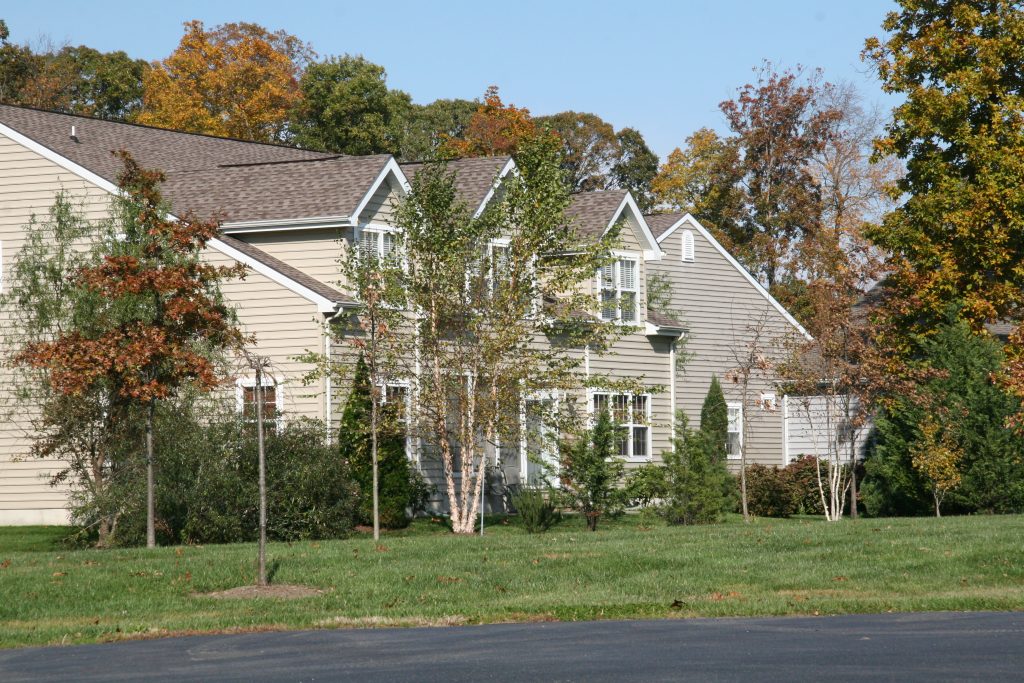
Trees add value to a home in so many ways: increased property values, windbreaks and shade, reduced energy costs, natural beauty, as well as food and habitat for wildlife and native pollinators. Selecting the right tree, planting it in the right place, and providing for its future care are important investments of time and money that can pay dividends in a lifetime of enjoyment. Tree work should only be done by those properly insured, trained, and equipped to work safely in trees.
Find an ISA-certified arborist
Choosing the Right Tree (ISA)
Choosing the Right Tree (Arbor Day Foundation)
Call Before You Dig (Miss Utility Delmarva)
Tree Care and Planting Tips (Arbor Day Foundation)
University of Delaware Soil Testing
Delaware Tree Stewards Training: Proper Mulching VIDEO
How to Properly Mulch A Tree (PSU Extension)
Guide to Successful Pruning of Deciduous Trees – Calendar
How to Prune Young Trees (Tree City USA Bulletin)
Delaware Tree Steward’s Training: Compartmentalization of Decay in Trees VIDEO
Delaware Interactive Tree Canopy Tool
Virginia Tech Dendrology
Arbor Day Foundation Tree Identification
Cornell University Woody Plants Database
Knowing how to identify invasive plants, pests, and diseases are important to maintain trees in your yard and for the health of trees in your community. Below are fact sheets for common pests and diseases, pests we are looking for in Delaware, and information and resources on invasive species.
“Mistaken Identity” Publication
Delaware Invasive Species Council (DISC) is a non-regulatory organization comprised of nearly 100 scientists, botanists, and ecologists with government, academia, and nonprofit organizations. Its mission is to protect Delaware’s ecosystems by preventing the introduction and reducing the impact of non-native species.
Delaware Native Species Commission was formed by the Delaware General Assembly to implement recommendations made in the final report of the Statewide Ecological Extinction Task Force. Its mission is to: 1) reverse the trend of decline and extinction of Delaware’s local plant and animal native species; 2) work to implement the recommendations of the Statewide Ecological Extinction Task Force; and 3) provide expertise and assistance to state and local lawmakers, policymakers, educators, and other stakeholders.
Delaware Department of Agriculture’s (DDA) Plant Industries Section aims to prevent the introduction, establishment, or spread of plant and honeybee pests, and suppress, control, abate, or eradicate pests that are dangerously injurious to the agricultural, horticultural, and forestry interests of the state.
Delaware Invasive Plants Law (Effective July 1, 2022)
Delaware’s Tree Stewards Program connects people to their landscapes by planting and caring for trees and forests, which are essential in protecting the lands and waters of the First State. By training and empowering citizens locally, the goal is to ensure Delaware has a greener future. Whether young or old, trees benefit from knowledge and care. Delaware Tree Stewards is designed to help citizens take an active role in caring for trees and supporting local ecosystems, and the communities that depend on them. Through training and networking, graduates will recognize opportunities and coordinate tree projects where they are needed most.
Forests in a Dynamic World Webinar Series
Grants and Funding Opportunities
If you have questions, comments, or need assistance, please contact:
Urban and Community Forestry Program Send E-mail.
Related Topics: Homeowners, Resources, trees